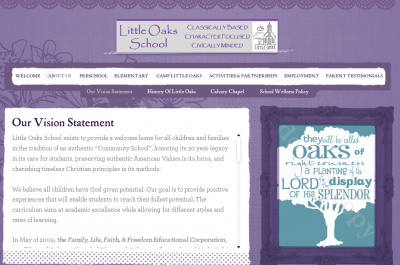 Reposted, with permission, from Theologically Driven.
Reposted, with permission, from Theologically Driven.
One of the more interesting discoveries I made when researching Baptist polity a few years ago was the lost practice of “recognition councils.” Most Baptists are familiar with ordination councils, in which a local church calls together a group of elders and messengers from like-minded area churches to examine an aspiring minister’s fitness for ministry, and thereafter to advise the church either to pursue ordination, to delay ordination until the examinee is more fit for the ministry, or to deny ordination entirely. Recognition councils occur when a new assembly calls together a group of elders from like-minded area churches to examine its governing documents, and thereafter to advise the assembly to pursue chartering, to delay chartering until its documents are in order, or even to abandon entirely its plan for a new church.
Typically, recognition councils examined a prospective church’s constitution and bylaws, doctrinal statement, and covenant. But there are a great many other documents that may also be subjected to examination: mission statements, philosophies of ministry, employee job descriptions, teacher policies, nursery policies, facilities-usage policies, etc. What I’d like to suggest in this post is that the lost practice of recognition councils be formally revived, or, at the very least, that churches informally pool their collective minds to assist one another in creating ecclesiastical documents that are orthodox, orthoprax, and in our litigious society, as litigation-proof as is possible.
 Reposted, with permission, from
Reposted, with permission, from 


Discussion